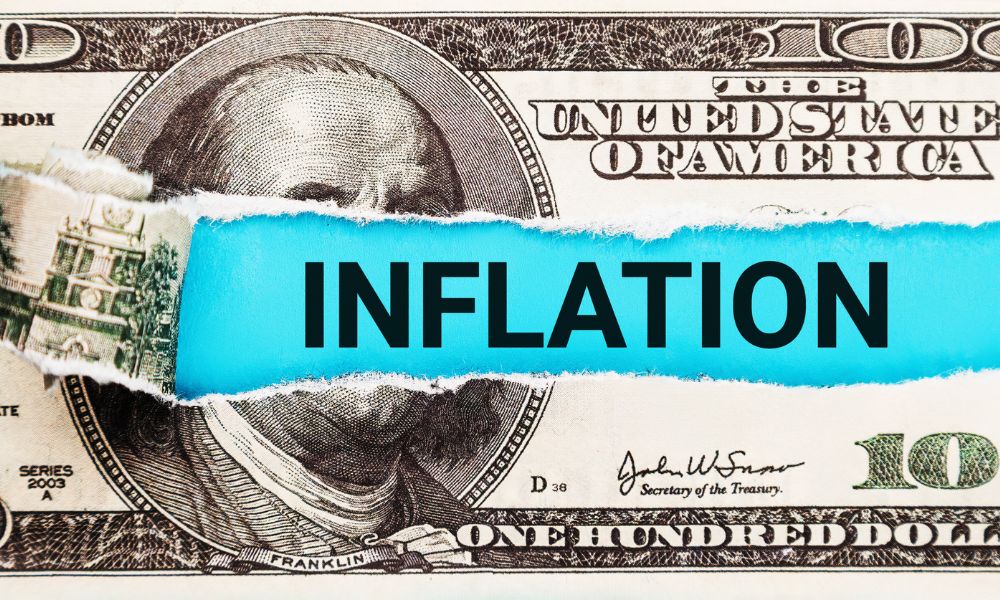
In the intricate web of economic factors that shape our world, currency plays a pivotal role.
Currency isn't merely a medium of exchange; it's a powerful lever that can influence the health of an economy.
Two critical economic phenomena that currency has a profound impact on are inflation and deflation.
In this blog post, we will explore the intricate relationship between currency and these two economic forces, shedding light on how currency movements can either fuel inflation or exacerbate deflation.
| Are you a Tax Lawyer in USA? 👉Transform Your Brand: Click for Metamorphosis👈 |
Inflation is the steady increase in the general price level of goods and services over time.
It erodes the purchasing power of a currency, making each unit of money buy less than it used to.
While moderate inflation is often considered a sign of a healthy economy, excessive inflation can be detrimental. So, how does currency come into play?
One of the primary drivers of inflation is the expansion of the money supply. When a central bank prints more money or implements policies that increase the availability of credit, there is more money chasing the same amount of goods and services. This excess demand leads to price increases, causing inflation.
Currency values are influenced by various factors, including interest rates, trade balances, and investor sentiment. A weaker currency can increase the cost of imported goods, leading to imported inflation. For instance, if a country's currency depreciates, the prices of imported goods rise, directly contributing to overall inflation.
The perception of future inflation can influence people's behavior today. If individuals and businesses expect prices to rise, they may demand higher wages and increase prices preemptively, creating a self-fulfilling prophecy of inflation.
On the flip side, we have deflation, which is the persistent decrease in the general price level of goods and services. Deflation can be just as harmful as inflation, if not more so, as it discourages spending and investment, leading to economic stagnation. Currency can also play a significant role in driving deflation:
When a currency strengthens, it can make imported goods cheaper, leading to price reductions. While this may seem beneficial for consumers, it can have detrimental effects on businesses, especially those reliant on exports. Reduced demand for exports due to a stronger currency can lead to a slowdown in economic activity, contributing to deflation.
Currency movements can affect the real value of debt. In a deflationary environment, the value of money increases over time, making it more expensive to service debt. This can lead to defaults and a further contraction in economic activity.
Central banks and governments often use monetary and fiscal policies to influence currency movements in their favor. These interventions can have a direct impact on inflation and deflation:
Central banks can adjust interest rates to influence the attractiveness of a currency. Lowering interest rates can make a currency less appealing to investors, potentially leading to depreciation and higher inflation. Conversely, raising interest rates can strengthen a currency and contribute to deflation.
In times of economic crisis, central banks may employ quantitative easing (QE) to inject money into the economy. This can expand the money supply, potentially staving off deflationary pressures but also risking inflation if not managed carefully.
In summary, currency is a powerful economic tool that can either stoke inflation or exacerbate deflation.
The interplay between currency movements, money supply, and inflation expectations creates a delicate balance that policymakers must navigate to maintain economic stability.
Understanding how currency impacts inflation and deflation is crucial for businesses, investors, and policymakers alike, as they seek to make informed decisions in an ever-changing economic landscape.